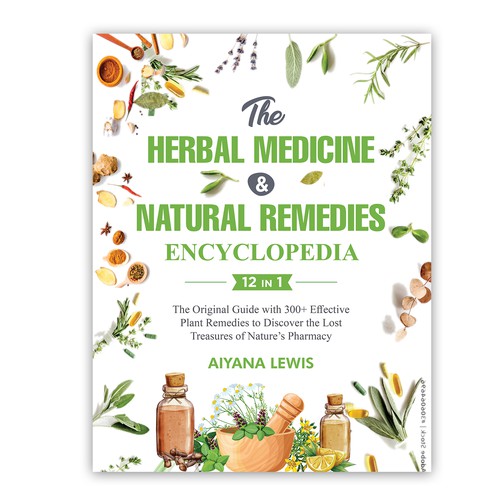
Exploring Herbal Remedies: Tips for Natural Health
Herbal remedies have been used for centuries to address various health concerns. Discovering the benefits of herbal remedies and incorporating them into your routine can be a holistic approach to supporting overall well-being. Let’s explore some valuable tips for integrating herbal remedies into your lifestyle.
Understanding Herbal Remedies
Herbal remedies utilize the medicinal properties of plants to promote health and healing. Understanding the specific properties of different herbs is crucial for effective use. Some herbs have anti-inflammatory, antioxidant, or calming effects, while others support digestion or boost the immune system.
Consulting with a Healthcare Professional
Before incorporating herbal remedies into your health regimen, it’s advisable to consult with a healthcare professional, especially if you have existing health conditions or are taking prescribed medications. They can provide guidance on suitable herbs and ensure there are no potential interactions with your current treatments.
Researching Individual Herbs
Each herb has unique properties and potential benefits. Research individual herbs to understand their uses, dosages, and any potential side effects. For example, chamomile may aid in relaxation, while ginger could help with digestion. Tailor your herbal choices to your specific health goals.
Growing Your Own Herbal Garden
For a hands-on approach to herbal remedies, consider growing your own herbal garden. This allows you to have fresh herbs readily available for teas, tinctures, or topical applications. Common herbs like mint, lavender, and basil are easy to cultivate and offer a range of health benefits.
Preparing Herbal Teas
Herbal teas are a popular and accessible way to incorporate herbal remedies into your daily routine. Different herbs can address various issues, such as peppermint for digestion or chamomile for relaxation. Experiment with blends to find combinations that suit your taste and health needs.
Creating Herbal Infusions and Tinctures
Herbal infusions and tinctures involve extracting the medicinal properties of herbs in liquid form. Infusions are made by steeping herbs in hot water, while tinctures use alcohol or vinegar as a base. These concentrated forms provide a convenient way to consume herbs and can be easily stored.
Exploring Topical Herbal Applications
Herbs can also be applied topically for various purposes. Calendula may soothe skin irritations, while arnica is known for its anti-inflammatory properties. Creating herbal salves or incorporating herbal oils into your skincare routine allows you to experience the benefits externally.
Being Mindful of Allergies and Sensitivities
Just like with any natural remedy, it’s essential to be mindful of allergies and sensitivities. Start with small amounts and monitor your body’s response. If you have known allergies or sensitivities, research and choose herbs that align with your health requirements.
Staying Informed on Safety Precautions
While herbal remedies are generally considered safe, it’s crucial to be aware of safety precautions. Certain herbs may interact with medications or cause adverse effects in specific populations, such as pregnant individuals. Stay informed and seek professional advice when needed.
Herbal Remedy Tips Now: Taking Action
Ready to embark on your herbal wellness journey? Explore additional insights and resources at Herbal remedy tips now. This platform provides valuable information to support your exploration of herbal remedies and their integration into your daily life.
In conclusion, embracing herbal remedies is a holistic approach to promoting natural health. By understanding herbs, consulting with professionals, and incorporating them into various aspects of your life, you can experience the diverse benefits that these natural wonders offer.







